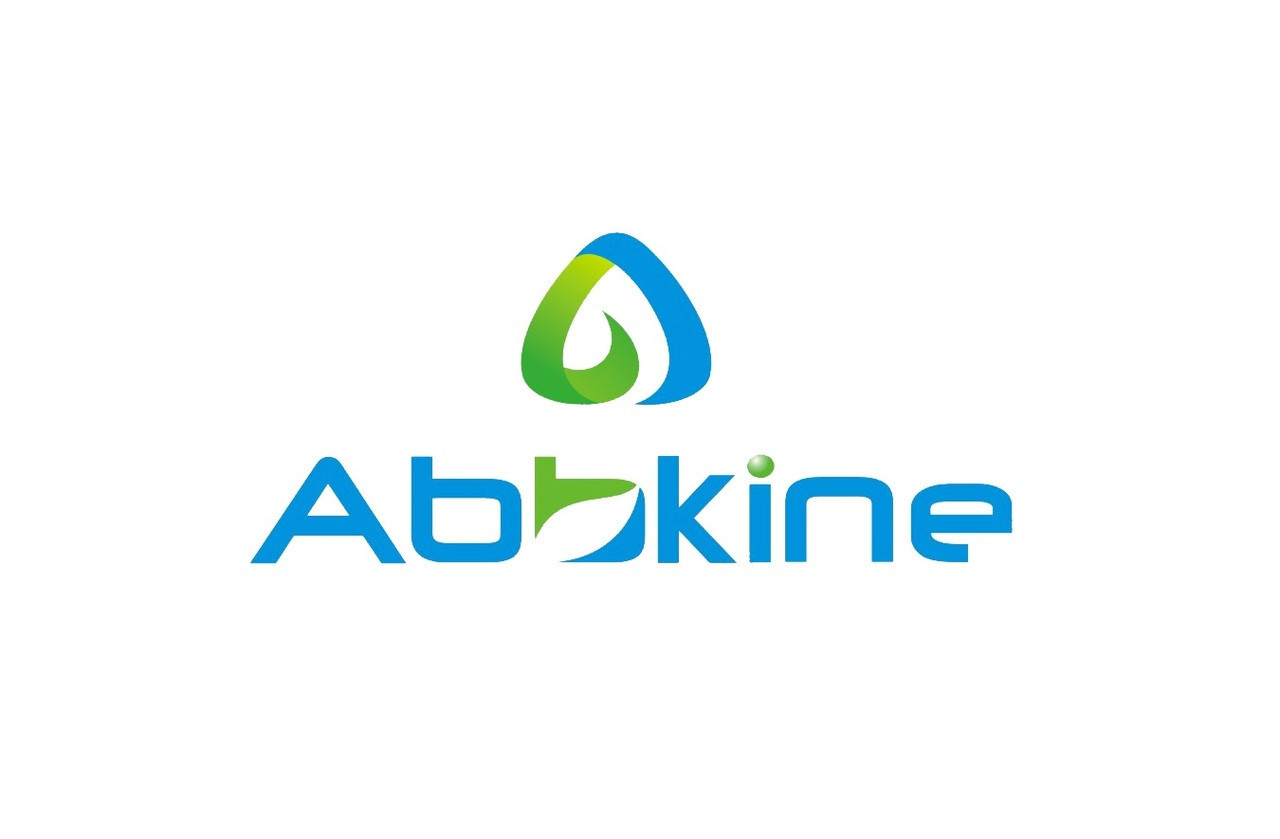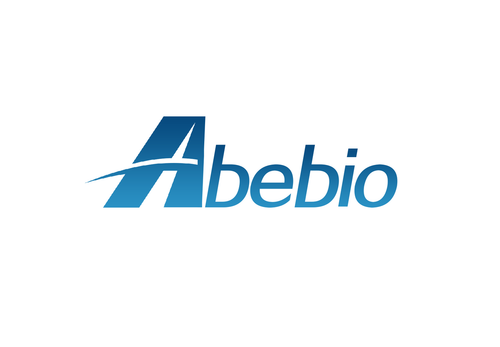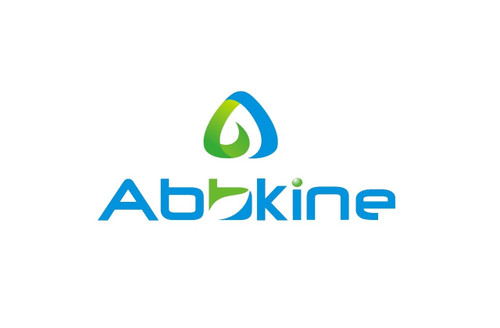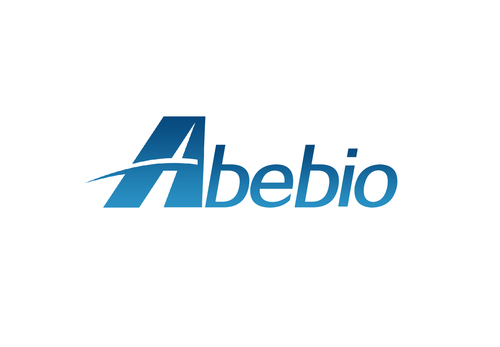Product Description
Human Probable peptidyl-tRNA hydrolase (PTRH1) ELISA Kit | KTE61041 | Abbkine
Application: This Human Probable peptidyl-tRNA hydrolase (PTRH1) ELISA Kit employs a two-site sandwich ELISA to quantitate PTRH1 in samples. An antibody specific for PTRH1 has been pre-coated onto a microplate. Standards and samples are pipetted into the wells and anyPTRH1 present is bound by the immobilized antibody. After removing any unbound substances, a biotin-conjugated antibody specific for PTRH1 is added to the wells. After washing, Streptavidin conjugated Horseradish Peroxidase (HRP) is added to the wells. Following a wash to remove any unbound avidin-enzyme reagent, a substrate solution is added to the wells and color develops in proportion to the amount of PTRH1 bound in the initial step. The color development is stopped and the intensity of the color is measured.
Detection Method: Colorimetric
Conjugate: N/A
Sample Type: Cell culture supernatants#Serum#Plasma#Other biological fluids
Assay Type: Multiple steps standard sandwich ELISA assay with a working time of 3-5 hours. It depends on the experience of the operation person.
Kit Component: • Human Probable peptidyl-tRNA hydrolase microplate
• Human Probable peptidyl-tRNA hydrolase standard
• Human Probable peptidyl-tRNA hydrolase detect antibody
• Streptavidin-HRP
• Standard diluent
• Assay buffer
• HRP substrate
• Stop solution
• Wash buffer
• Plate covers
Features & Benefits: Human Probable peptidyl-tRNA hydrolase (PTRH1) ELISA Kit has high sensitivity and excellent specificity for detection of Human PTRH1. No significant cross-reactivity or interference between Human PTRH1 and analogues was observed.
Calibration Range: Please inquire
Limit Of Detection: Please inquire
Usage Note: • Do not mix components from different kit lots or use reagents beyond the kit expiration date.
• Allow all reagents to warm to room temperature for at least 30 minutes before opening.
• Pre-rinse the pipet tip with reagent, use fresh pipet tips for each sample, standard and reagent to avoid contamination.
• Unused wells must be kept desiccated at 4 °C in the sealed bag provided.
• Mix Thoroughly is very important for the result. It is recommended using low frequency oscillator or slight hand shaking every 10 minutes.
• It is recommended that all samples and standards be assayed in duplicate or triplicate.
Storage Instruction: The unopened kit should be stored at 2 - 8°C. After opening, please store refer to protocols.
Shipping: Gel pack with blue ice.
Precaution The product listed herein is for research use only and is not intended for use in human or clinical diagnosis. Suggested applications of our products are not recommendations to use our products in violation of any patent or as a license. We cannot be responsible for patent infringements or other violations that may occur with the use of this product.
Background: PTRH1, Belongs to the PTH family.Peptidyl-tRNA hydrolase (Pth) activity releases tRNA from the premature translation termination product peptidyl-tRNA. Two different enzymes have been reported to encode such activity, Pth present in bacteria and eukaryotes and Pth2 present in archaea and eukaryotes. Prokaryotic and eukaryotic cells show an enzymatic activity that releases the peptidyl moiety from the tRNA, called peptidyl-tRNA hydrolase (Pth), allowing the free tRNA and peptide to be reused in protein synthesis. First identified in Escherichia coli, genes encoding Pth have been found in bacteria and eukaryotes but not in archaea. E. coli Pth crystal structure has been solved and exhibits an α/β fold formed by three layers with a mixed five-strand β-sheet at the core.
Alternative Names: PTRH1; C9orf115; MGC51999; PTH1; peptidyl-tRNA hydrolase 1 homolog
Search name: PTRH1; C9orf115; MGC51999; PTH1; peptidyl-tRNA hydrolase 1 homolog
Tag: PTRH1
 Euro
Euro
 USD
USD
 British Pound
British Pound
 NULL
NULL








